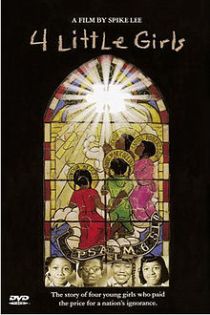Civil Rights Leaders of the 21st Century
September 23, 2013 Leave a comment
During the past two weeks, members of the African American community observed the passing of Steve Biko[1] (died 10/12/77),
and the 50th anniversary of the Birmingham Four[2] (10/15/63). 
The Pan African, Black Diaspora, or African American communities don’t need another pantheon of demi-gods, a new religious order, or a hierarchy of saints. What is needed however is a shared cultural understanding, a social construct or vehicle which conveys the values of our ancestors in a manner which is convenient, flexible, effective, and neither farcical, comical, nor inclusive.
When and where does the Black community celebrate the lives of Martin Luther King Jr., Malcolm X, Nelson Mandela, Fred Hampton, Steve Biko, Frederick Douglass, et al, in a manner that is collectively, and uniquely appreciative?
How can our communities gravitate to celebrating the lives of those who sacrificed, and made tremendous commitments to the cause of freedom, and equality for black peoples when we are simultaneously engaged in supporting and propagating cultural norms which are part and parcel of the social infrastructure and status quo that keep us mired in the classification of “second class citizenship”?
Why should there be a centralized association to determine that MLK Jr. falls short of sainthood, or that Ghandi qualifies. Why should this arrangement preclude a family honoring the life of individuals who have set examples and who have lived lives which exemplify the best values which we can emulate as a society; a society in which the character and mettle of a man is not judged by the color of his skin, he is not hated because of the color of his skin, nor is he despised simply because of his social status.
Why can’t Black families in the Caribbean celebrate the lives of Dr. Eric Williams, Kwame Ture, and Bob Marley, in conjunction with those of MLK Jr., and Nelson Mandela? Have we become so conditioned to the social biscuits of acceptance that norms without established dogma are viewed as wrong, and unnecessary? At the end of the day we are responsible for the value systems we develop within our families, and the ‘truth’ in action that reinforces those systems.
The Civil Rights Leaders of the 21st century are the Parents who still understand the meaning of Segregation/Apartheid, and have bridged the gap to the euphemisms of Diversity, and Minority representation. The time has come for the centralization of the ideals of the movement to be decentralized, and fully represented within the family structure. Before we can grasp the benefits of the dream, it seems necessary that we like MLK Jr., are required to be vigilant, and engaged in a similar effort to ‘share’ the dream.

